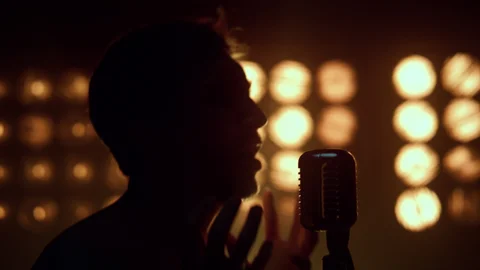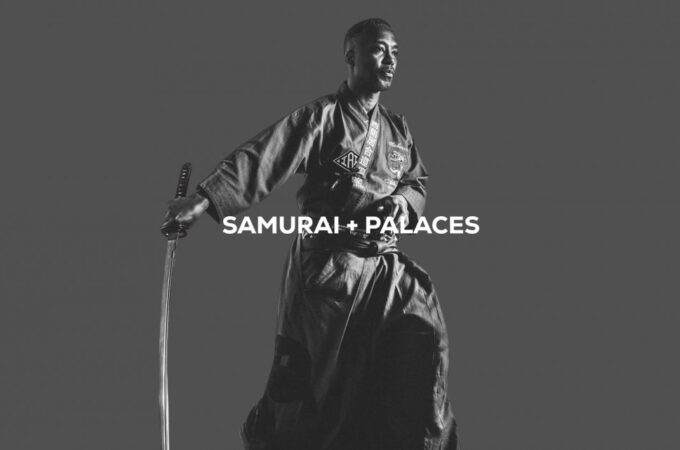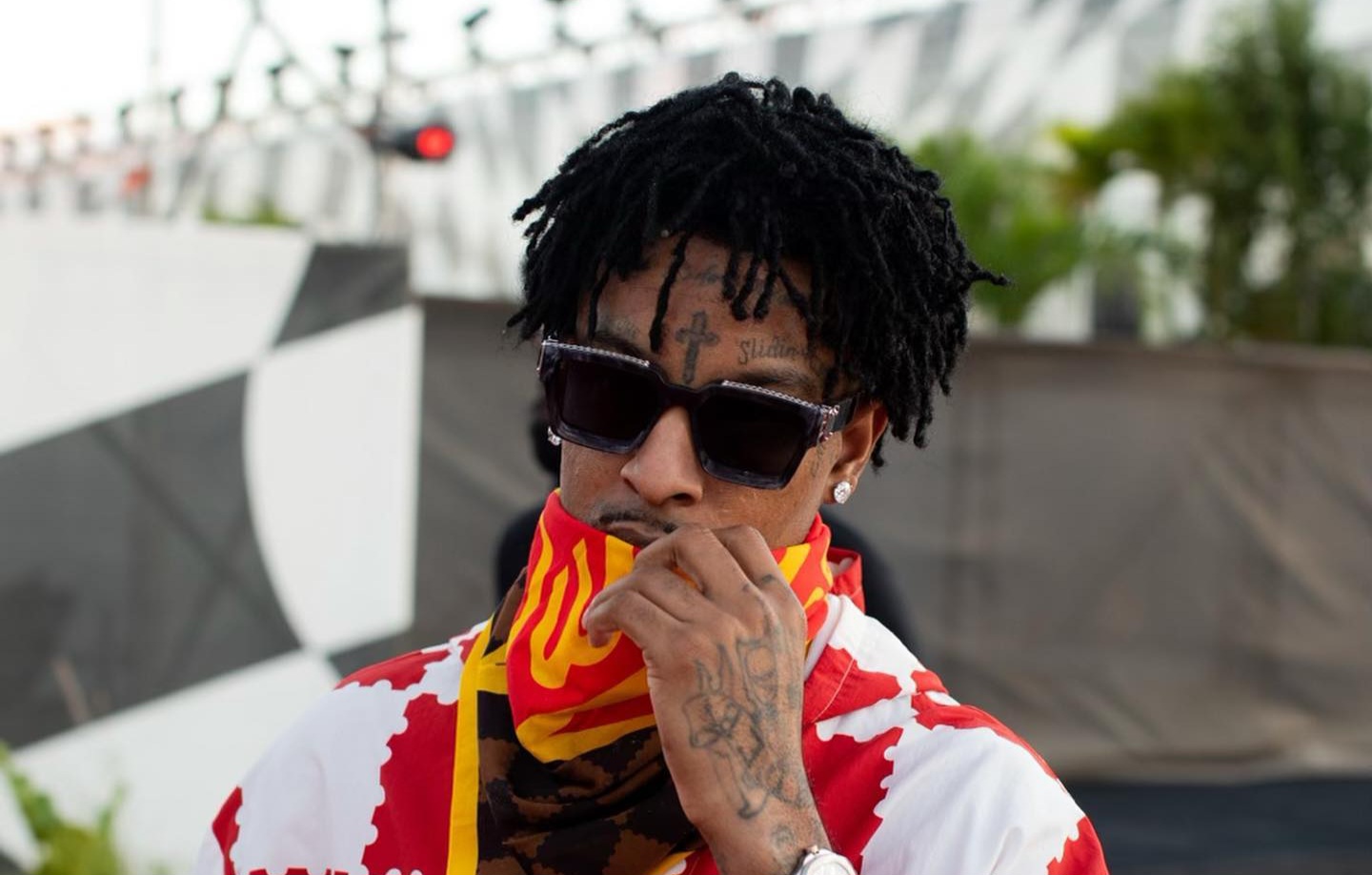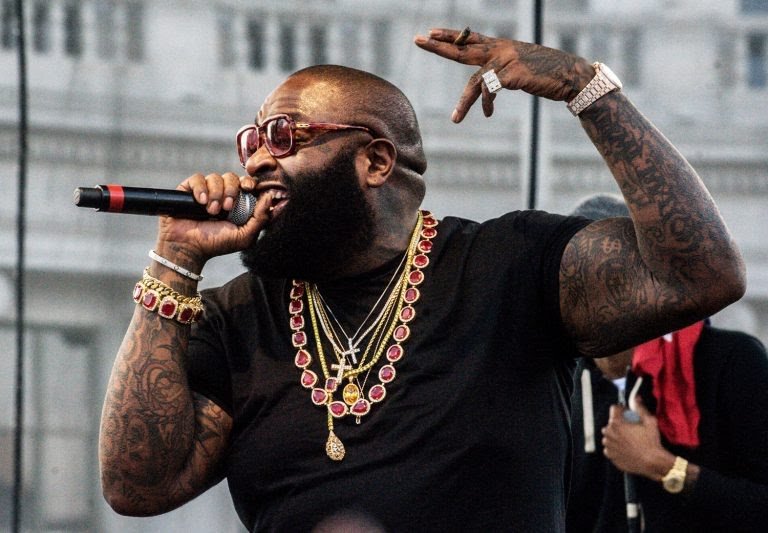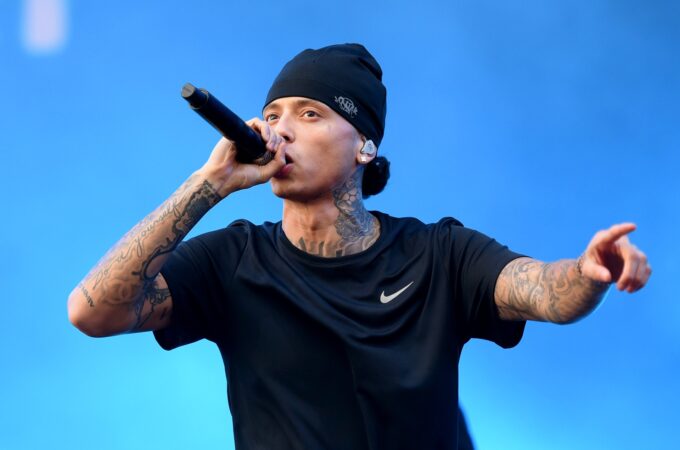
What Is Dirty Hip-Hop? The Meaning and Inspiration Behind It
Have you ever heard of the term “Dirty Hip-hop“? While doing research to share with my fellow lovers of hip-hop, I came across this term on Reddit.
Honestly, I never knew that there was such a thing, so I decided to look into it carefully. And now, I’m about to share my discovery with you all.
Now, stick with me, and let’s get into the details of the subgenre in hip-hop and find out what it is truly about.
Together, we’d be exploring its origins, key artists, and cultural impact. Also, you’d discover how this explicit subgenre has shaped the rap scene.
What Is Dirty Hip-Hop?
Dirty Hip-Hop, which is also known as dirty rap, is a subgenre of hip-hop music and it is characterized by its sexually explicit lyrics and themes.
Emerging in the 1980s, it blends traditional hip-hop beats with provocative content, often pushing the boundaries of mainstream music.
The Origins of Dirty Hip-Hop
The roots of Dirty Hip-Hop can be traced back to the late 1970s and early 1980s. Artists like Blowfly, with his 1980 album “Rapp Dirty,” laid the groundwork by infusing humor and explicit content into rap.
However, it was the 1983 release of “Don’t Stop Rappin’” by Oakland rapper Too Short that brought sexually explicit rap to a broader audience.
Furthermore, the genre gained significant attention with the rise of 2 Live Crew in the late 1980s.
Their 1989 album “As Nasty as They Wanna Be” faced legal challenges due to its explicit content, and it sparked debates about censorship and freedom of speech in music.
Key Characteristics of Dirty Hip-Hop
This genre is defined by several distinct features, these include:
Explicit Lyrics: The genre is known for its overtly sexual and often humorous lyrics, which can be both provocative and controversial.
Bass-Driven Beats: Influenced by Miami bass, the music often features deep, rhythmic basslines that complement the explicit content.
Influence from Other Genres: This style of hip-hop music has been influenced by various other styles of music, including Baltimore Club, Ghetto House, and Ghettotech, and this adds diverse elements to its sound.
Notable Artists in the History of this Sub Genre in Hip-hop
Several artists have been instrumental in shaping and popularizing dirty hip-hop, let’s talk about a few of them in detail:
Too Short: Known for his explicit lyrics and pioneering role in the genre, Too Short’s work laid the foundation for dirty hip-hop.
2 Live Crew: Their controversial albums brought national attention to the genre and sparked important conversations about music censorship.
Lil’ Kim and Nicki Minaj: These female artists have embraced and redefined this style of hip-hop music, by bringing a new perspective and expanding its reach globally.
Also, Lil’ Kim‘s fashion choices and lyrics influenced generations of rappers and fans.
Cardi B: With hits like WAP, Cardi B doesn’t hold back, carrying the torch for this hip-hop subcategory into mainstream success. The release of WAP caused debates on morning TV shows and across social media.
Megan Thee Stallion: Her confidence and bold lyrics have put her at the center of this wave. In an interview, Megan Thee Stallion once said…
“If a man can talk about sex and money in every song, why can’t I?”
That attitude captures the very essence of the genre, which is breaking double standards and doing it with style.
CupcakKe: Known for some of the raunchiest bars in the game, she takes the genre to a whole new level.
Yung Miami & JT (City Girls): Their brand is unapologetically raw and raunchy, keeping Miami’s bass legacy alive.
Tyga: Often leans into sexually explicit territory, adding that club-ready, flashy Dirty Hip-Hop feel.
With all we’ve seen so far, it’s safe to ask or even try to find out if this explicit genre has a cultural impact. And from what I discovered while curating this article, it actually does have an impact on the culture.
Some people see dirty hip-hop as empowering, especially for women claiming their space in a male-dominated genre. While others say it’s offensive or degrading.
But maybe it’s both, depending on who’s listening and what message they take from it. Either way, it keeps the culture talking, and that’s powerful.
Cultural Impact of Dirty Rap
Dirty Hip-Hop has played a significant role in challenging societal norms and pushing the boundaries of artistic expression.
By openly discussing topics often considered taboo, the genre has sparked conversations about…
Sexuality, Censorship, and Freedom of speech.
Also, the genre’s influence extends beyond music, impacting fashion, language, and pop culture. Moreover, its unapologetic approach has inspired artists across various genres to explore and express their identities more freely.
The Evolution and Modern Influence
While it did originate in the 1980s, its influence continues in modern music. Notably, contemporary artists often incorporate explicit themes into their work, and this reflects the genre’s lasting impact.
The rise of digital platforms has also allowed for greater freedom in content creation, enabling artists to explore dirty hip-hop themes without traditional gatekeeping.
Anyway, dirty rap stands as a testament to the power of music to challenge norms and provoke thought.
Additionally, its explicit content may not be for everyone, but its role in shaping the hip-hop landscape is undeniable.
Well, as the genre continues to evolve, it still remains a bold and unfiltered voice within the music industry at large.
Now that you know what raunchy rap is all about, what do you think?
Is it just about shock value, or does it serve a bigger purpose?
Let me know your thoughts in the comments, and if there’s an explicit rap track or artist you think deserves more love, drop their name in the comments.

